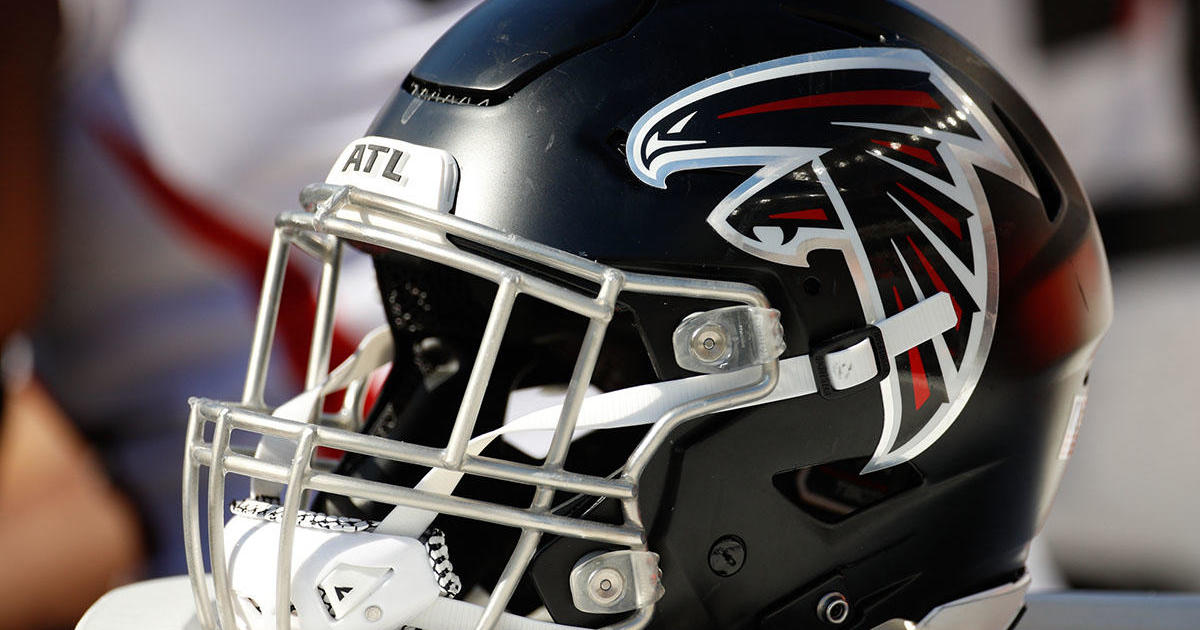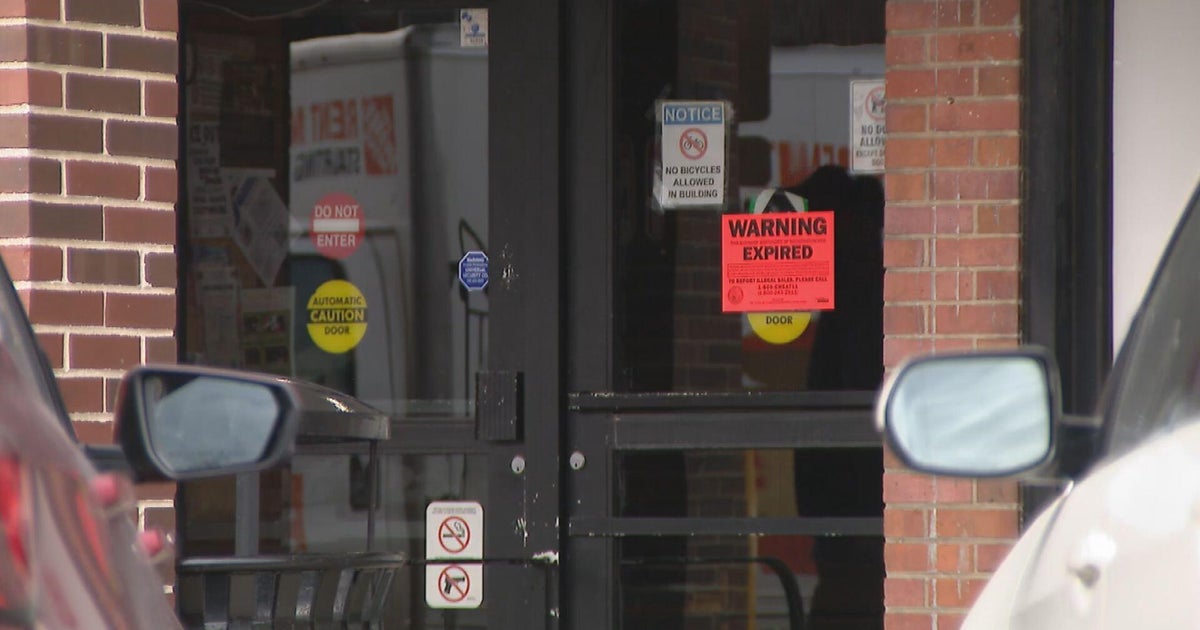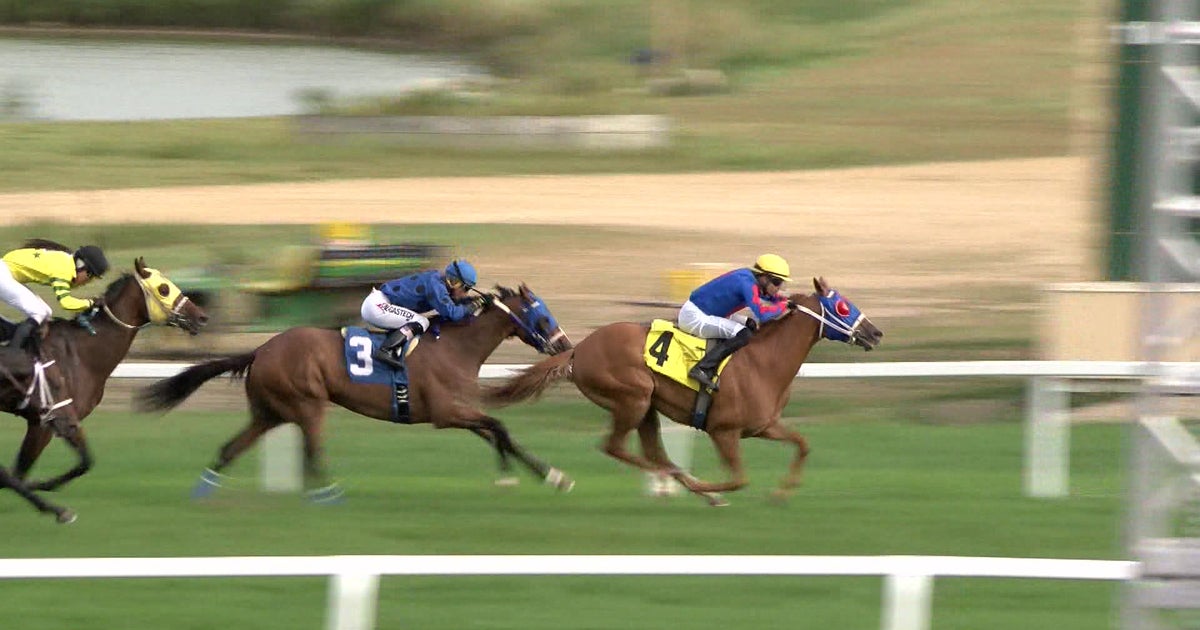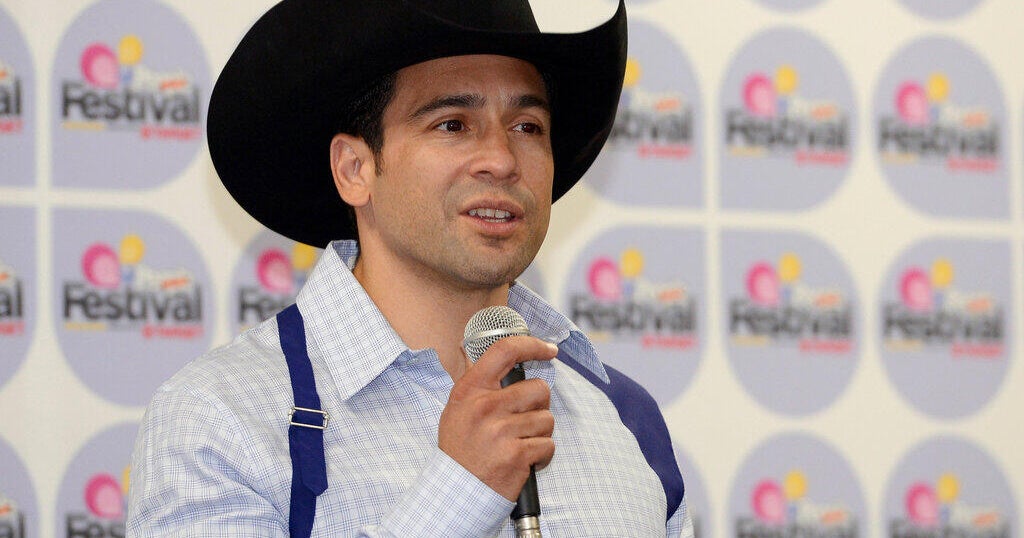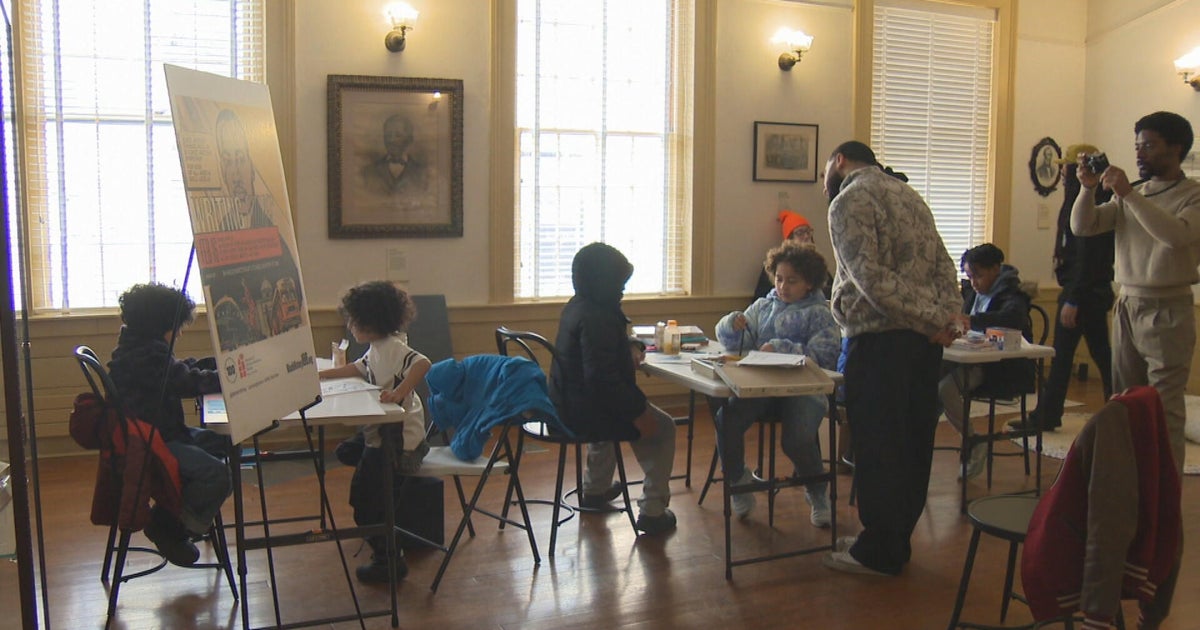Texas court dismisses case against Dr. Alan Braid for violating abortion ban
DALLAS (CBSDFW.COM) - A state court has ruled it's dismissing a lawsuit against Dr. Alan Braid, a Texas physician who provided an abortion to a woman in violation of the state's ban on abortion after six weeks of pregnancy (S.B. 8).
"When I provided my patient with the care she needed last year, I was doing my duty as a physician," said Dr. Braid. "It is heartbreaking that Texans still can't get essential health care in their home state and that providers are left afraid to do their jobs. Though we were forced to close our Texas clinic, I will continue serving patients across the region with the care they deserve at new clinics in Illinois and New Mexico."
The decision comes as law makers have filed a number of bills regarding abortion access ahead of the state's legislative session.
Republican Representative Candy Noble of Murphy filed legislation that would prohibit government entities from providing logistical support for those obtaining an abortion out of state - including childcare, travel, food, and lodging.
Another measure by Republican Representative Jared Patterson of Frisco wouldn't allow companies to receive tax incentives including abatements and sales tax rebates if they pay for their employees to travel out of state to obtain an abortion or the procedure itself.
In a statement to CBS 11 Patterson said, "It's unconscionable that some businesses would rather a woman kill her baby and return to work than start or expand her family and take a little time off. Major corporations seeking to circumvent our laws protecting babies should do so at their own peril and on their own dime."
Jonathan Covey, policy director of Texas Values agreed.
"These bills are badly needed to protect lives," Covey said. "Our state level tax codes need to be pro-family and they need to be pro-life and that is what this is working towards."
Texas Values supported the U.S. Supreme Court's ruling to overturn Roe v Wade last June.
"Without Roe, we have the power to save lives in ways we never had and haven't in five decades and this is an incredible opportunity," he said.
S.B. 8 is considered a citizen-enforced ban that includes a bounty-hunting scheme, encouraging the general public to file lawsuits against those who provide an abortion or assist someone in obtaining an abortion.
It's the first and only case filed against a provider under S.B. 8 resolved by a court, according to the Center for Reproductive Rights.
The court rejected the idea that bystanders can sue abortion providers or helpers, ruling from the bench that a person does not have legal standing to sue if they have not been directly impacted by the abortion services provided. While the ban remains in effect, the ruling sets an important precedent for other courts when considering whether bounty-hunting laws violate states' constitutions. The court stated it would issue an order in the coming week.
"This is a significant win against S.B. 8's bounty-hunting scheme because the court rejected the notion that Texas can allow a person with no connection to an abortion to sue," said Nancy Northup, president and CEO of the Center for Reproductive Rights. "But this dismissal did not provide the opportunity to strike down S.B. 8 overall, and in the wake of the Dobbs decision, Texas is enforcing multiple abortion bans. As a result, pregnant Texans with life-threatening obstetric emergencies are being turned away from hospitals. No one should have to be near death just to get the health care they need."
On September 6, 2021, Braid provided abortion care to a Texas woman who was beyond the six-week limit under S.B. 8.
"I acted because I had a duty of care to this patient, as I do for all patients, and because she has a fundamental right to receive this care, he said."
S.B. 8 took effect on September 1, 2021, before Roe v. Wade was overturned. The unprecedented law was designed to ban abortion by shutting down clinics through fear of lawsuits. The law awards a minimum of $10,000 to any private citizen who successfully sues an abortion provider, a health center worker, or any person who helps someone access an abortion after six weeks of pregnancy in the state.
Even as Roe v. Wade stood, federal courts refused to block S.B. 8, including the U.S. Supreme Court which ruled that federal courts are powerless to block this kind of citizen-enforced law despite its blatant attack on established constitutional rights.
Texas now has multiple, overlapping abortion restrictions including a "trigger" ban, which took effect after Roe fell and prohibits nearly all abortions with severe criminal penalties imposed on those who violate the law. Under the trigger law, doctors could face up to 99 years in prison for providing an abortion.
With abortion banned entirely in 12 states, mostly across the South, Texans face the longest travel times in the country as they are forced to drive an average of over 7 hours one-way to reach an abortion provider outside of the state. Pregnant Texans are also being denied care at hospitals in the state despite facing life-threatening conditions. Since S.B. 8 went into effect, maternal morbidity has increased in Texas hospitals. Many other Texans have been unable to travel out of state and have been forced to carry their pregnancies to term or attempt an abortion on their own. The impact has fallen hardest on communities that already face significant barriers to accessing health care, including Black and brown communities and people living on low incomes.
Dr. Braid is being represented by the Center for Reproductive Rights, Debevoise & Plimpton LLP, and Susman Godfrey LLP. Dr. Braid was forced to close his clinics both in Texas and Oklahoma, but has since opened two new clinics in Illinois and New Mexico.


